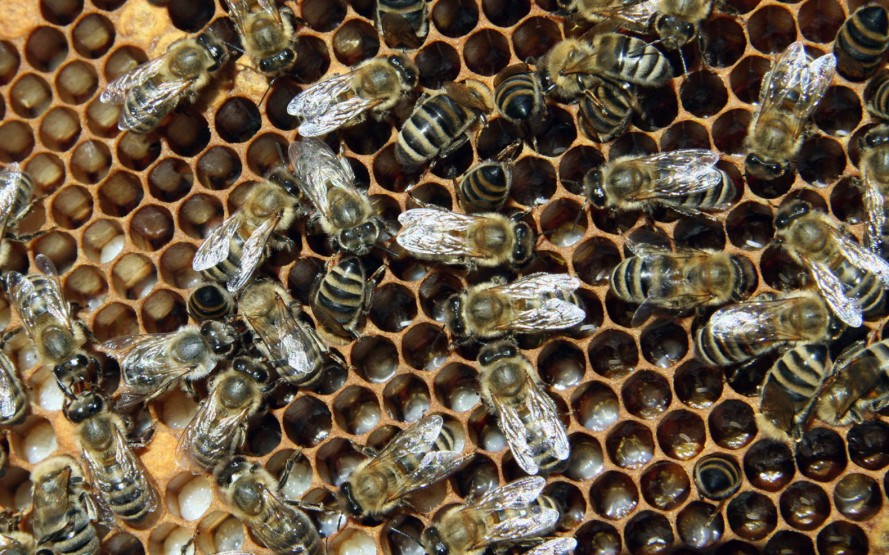The 2006 bee die off, known as colony collapse disorder, gained global attention when bees around the country (and the world) began coming down with signs of insecticide poisoning, from tremors and uncoordinated movement to convulsions and death.
The pesticides in question, known as neonicatinoid pesticides, were hurried through the US regulatory agencies, but the beeks kept showing up dead. The pesticides made the bees susceptible to viral infections and mites, and reduced the reproductive ability of the queens.
Now, the first long-term study on the danger of neonicatinoids has been performed. 18 years of data were collected on 64 wild bee species and their use of the oilseed rape plant, in which neonicatinoids were heavily used. The study found that about half of the total honeybee decline is due to the insecticide. All of the 34 species that forage on oilseed rape showed at least a 10 percent decline from neonics, with the most affected group experiencing a 30 percent decline from neonics.
“Historically, if you just have oilseed rape, many bees tend to benefit from that because it is this enormous foraging resource all over the countryside,” lead author Dr. Ben Woodcock told the BBC. “But this co-relation study suggests that once its treated with neonicotinoids up to 85 percent, then they are starting to be exposed and it’s starting to have these detrimental impacts on them.”
The research adds to several laboratory and short-term field studies which have found negative effects of neonics on honeybees and wild bees. Even the EPA has been forced to admit neonics kill bees.
“The negative effects that have been reported previously do scale up to long-term, large-scale multi-species impacts that are harmful,” said co-author Dr Nick Isaac. “Neonicotinoids are harmful, we can be very confident about that and our mean correlation is three times more negative for foragers than for non-foragers.”
Though companies like Monsanto and Bayer may deny the danger of their constructed pesticides, studies like this back up the growing concern that they are doing severe damage to the bee population, globally (via Minds).
If you like this idea, be sure to share it with your friends and inspire someone you know. Anything becomes possible with just a little inspiration…

